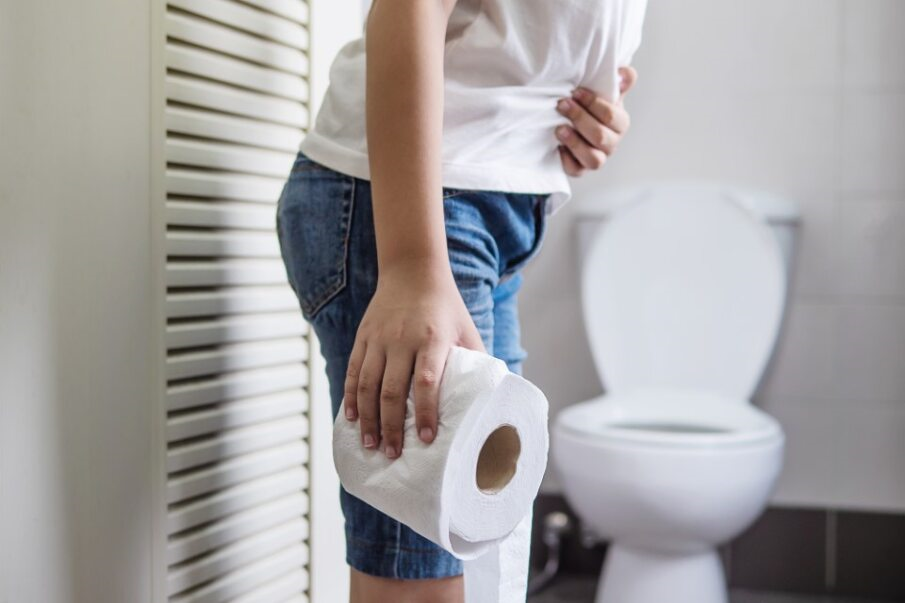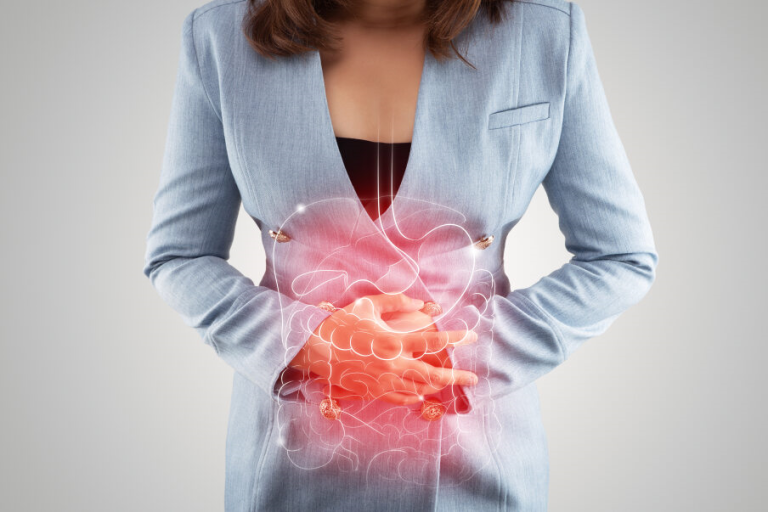Parasites are microorganisms that live in other living beings to feed and survive. When they do so in the intestines of humans, they cause diseases such as intestinal infections, which are characterized by causing pain and stomach discomfort. These are transmitted through contaminated food and water.
“Parasites are organisms that cannot live on their own. This group includes, for example, fleas, lice, and worms. Three types can cause diseases in humans: protozoa, which are the most common; helminths, which are worms; and ectoparasites, responsible for malaria,” says infectious disease specialist Evelyn López.
Intestinal parasites are defined as microorganisms that use the human intestine as a refuge and live there for a long time. Although they can also be found in other parts of the body.
The intestine is often home to protozoa, such as Giardia, or worms, such as Oxyurids, which often cause intestinal discomfort or infections.
- Giardia: The disease it causes is known as “Giardiasis” and is generally transmitted by drinking contaminated water. This parasite lives in soil, food, and water. It can also be found on surfaces contaminated with waste.
- Oxyurids: These are thin, white parasites that can measure up to 13 millimeters in length. The female usually lays thousands of eggs in the human anus, causing itching, usually at night. Infection occurs most frequently in children.
Parasites can be transmitted by accidentally swallowing or inhaling eggs of these microorganisms found in contaminated food and drink, or through the fingers. Once swallowed, the eggs hatch in the intestines and mature into adult worms within a few weeks, explains the Mayo Clinic.
Symptoms of parasites in adults
The discomfort caused by parasites will depend on the type of microorganism that is lodged in the intestine. For example, a pinworm infection causes symptoms such as itching in the anal or vaginal area, insomnia because irritation is more common at night, teeth grinding, and restlessness. It also causes stomach pain and occasional nausea.

While Giardia parasites cause symptoms such as watery diarrhea, fatigue, stomach pain, bloating, loose stools, weight loss, and nausea, the symptoms usually appear two weeks after infection.
“In some people, either of the two parasites also causes poor digestion, heartburn, lack of appetite, skin disorders, and bad breath,” says Angel Rodriguez, an internal medicine physician.
Prevention
If you have any of the above symptoms, consult your doctor for the best treatment. This will depend on the type of parasite you have and the symptoms, although most are treated with oral medication.
Diagnosis is usually a physical exam where the specialist analyzes the symptoms and a stool test to check for visible parasites.

Personal and home hygiene, eating fresh and well-cooked foods, fighting flies, cockroaches, and other insects, washing your hands frequently, and deworming pets are actions that will help prevent infections by intestinal parasites.
Experts also recommend washing the anal area well when bathing to reduce the likelihood of pinworm eggs, changing underwear every day, and washing blankets, pajamas, underwear, washcloths, and towels in hot water.























+ There are no comments
Add yours